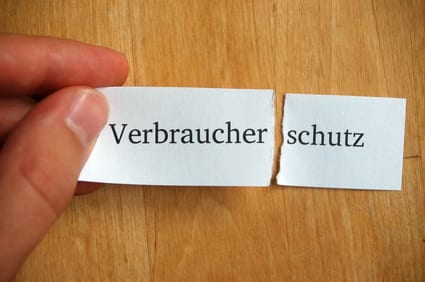
© thingamajiggs – Fotolia.com
The Regional Court of Hamburg (LG Hamburg, Urteil v. 2.3.2017, Az. 416 HKO 13/17, nicht rechtskräftig) has prohibited a “consumer protection association” from distributing a disparaging advertising article in response to an action brought by Lampmann, Haberkamm & Rosenbaum Rechtsanwälte (LHR).
The concerned “consumer protection association”: In reality a vehicle for lawyer advertising
Since professional law imposes certain restrictions on solicitors’ advertising, sceptical investors are usually not on the fence and quickly recognize overly brazen client acquisition as such and do not “bite”, some colleagues try to give their advertising more respectability in the guise of a “protective association”, which in reality is not one. The Hamburg Regional Court has already prohibited this approach in the past: LHR obtains advertising ban against “investor protection lawyers” due to non-existent “protection association”
However, there are also associations that actually exist, which are committed to consumer protection, but in reality only serve as a platform for soliciting clients.
In the current case, the Hamburg Regional Court prohibited the association from describing a retailer’s business model as “immoral”. The court agreed with the plaintiff that there was not even the slightest basis for the assessment. In the event of a violation, the association or the executive board could face a fine of up to EUR 250,000.
Lawyer Arno Lampmann from the law firm LHR:
“It is always astonishing to see the tenacity with which protagonists of legal advice and those who would like to become protagonists acquire clients and in doing so not only cross the boundaries of good taste but also of legality. The reason can only lie in the hope that the disparaging reporting will cause so much uncertainty in the market that the warning about the business model will create the alleged need for advice in the first place and thus become a “self-fulfilling prophecy”.
As the infamous Kirch v. Deutsche Bank dispute shows, which concerned a statement on creditworthiness that allegedly drove the media entrepreneur into bankruptcy, such behavior can have serious consequences. After 12 years of litigation, Deutsche Bank finally paid Kirch’s heirs 775 million.”
We specialize in the protection of companies and personalities. If you are one of those affected by unlawful reporting, please give us a call or send us an e-mail. [:]
